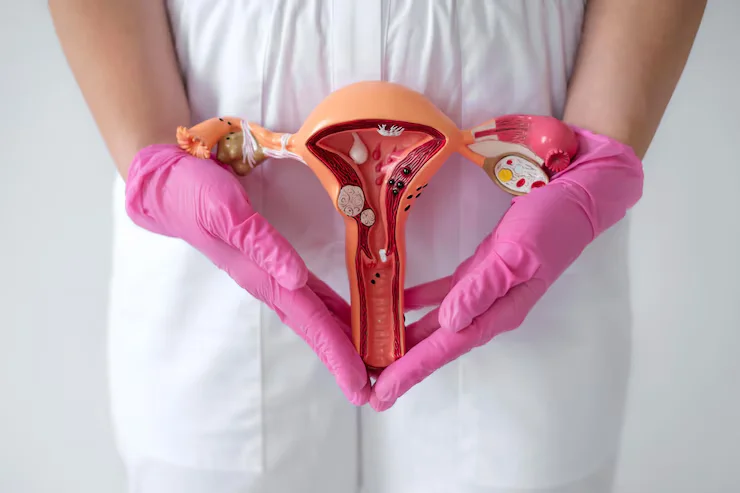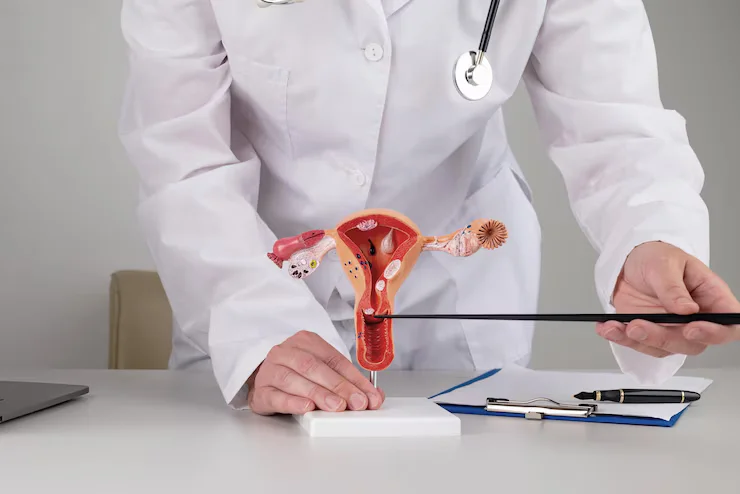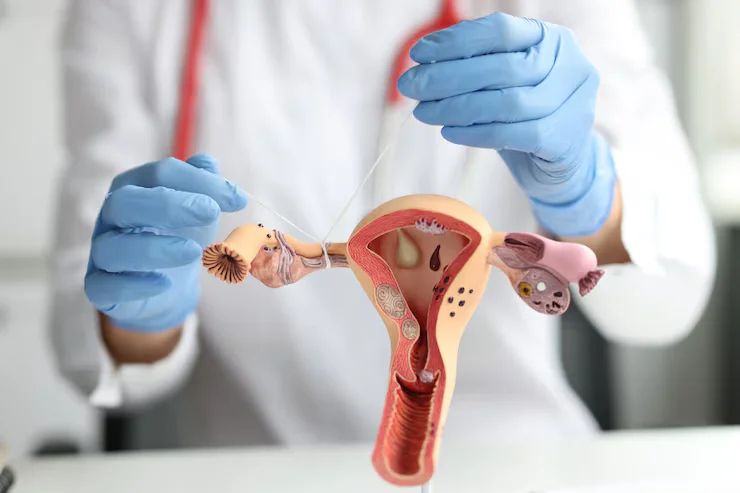-
Ganesh Talkies, Kolkata
Ganesh Talkies, Kolkata

Endometriosis surgery is sometimes the right option for treatment. Learn when you should consider it and how it can help manage symptoms with insights from a reputed gynecologist.

Endometriosis is a medical condition in which tissue similar to the uterine lining grows outside of the uterus, often causing pain, heavy periods, and even infertility. This condition affects millions of women worldwide, yet many are unaware of the various treatment options available. One of the treatment options that may be recommended is Endometriosis Surgery, but how do you know if it’s the right choice for you?
This article will explore Endometriosis Surgery; when it’s necessary, what types of surgeries are available, and the role of the gynecologist in helping you make the best decision for your health. By the end, you’ll have a clear understanding of how Endometriosis Surgery can offer relief and how to evaluate your situation.
Not every woman with endometriosis requires surgery. In fact, many can manage symptoms through medications, hormonal therapies, and lifestyle changes. However, surgery is considered in certain situations, especially when other treatments have not brought significant relief. Let’s take a closer look at the factors that can make surgery the right choice.
There are different types of surgery that may be recommended based on the severity and location of the endometrial tissue, as well as your health goals. The two most common surgical options for endometriosis are:
Laparoscopy is the most common method used for treating endometriosis. It is a minimally invasive procedure that involves making a small incision near the abdomen. Through this incision, a camera is inserted to view and remove the endometrial tissue or cysts.
Benefits of Laparoscopic Surgery:
In more severe cases of endometriosis, Endometriosis Surgery may involve open surgery. This method requires a larger incision and may be necessary when dealing with extensive endometrial tissue, larger cysts, or damage to surrounding organs.
When Is Open Surgery Necessary?
Choosing the right medical professional is crucial when considering Endometriosis Surgery. The best gynecologist will help guide you through every step of the process—from diagnosis to post-surgery recovery.

If you’re still wondering whether surgery is necessary, it’s important to have an open discussion with your gynecologist. In general, surgery is considered when:
However, it’s essential to have a personalized consultation with a reputed gynecologist to determine the right approach for your unique situation.
Recovery after surgery depends on the type of procedure you undergo. Generally, laparoscopic surgery has a quicker recovery time compared to open surgery.
After Endometriosis Surgery, regular follow-up appointments with your gynecologist are essential. These visits ensure that the surgery has been successful and that no new endometrial tissue has grown back. Additionally, your gynecologist may suggest certain lifestyle or medication changes to prevent future complications.

The success rate of Endometriosis Surgery is generally high, especially with laparoscopic surgery. It helps reduce symptoms and improves fertility in many cases. However, results may vary depending on the severity of the condition.
Yes, endometriosis can return after surgery. However, many women experience long-term relief, and recurrence rates are lower after laparoscopic surgery.
Before surgery, you’ll need to undergo tests such as ultrasounds or MRIs to assess the severity of your condition. Your gynecologist will provide specific instructions on how to prepare, including fasting before surgery.
In many cases, Endometriosis Surgery can improve fertility by removing cysts or adhesions blocking the fallopian tubes or affecting the ovaries.
If you undergo laparoscopic surgery, you can usually return to work within 1-2 weeks. For open surgery, you may need 4-6 weeks to recover fully.
In conclusion, Endometriosis Surgery is a highly effective treatment option for many women who suffer from severe pain or infertility due to the condition. However, surgery isn’t the first step for everyone, and it’s essential to consider other treatment methods before making this decision.
A personalized consultation with a best lady gynecologist in Kolkata is crucial to help you determine the right course of action based on your symptoms, health goals, and personal situation. With the right care and treatment, surgery can provide lasting relief and improve your quality of life.
If you believe Endometriosis Surgery may be the right choice for you, reach out to a trusted gynecologist who can provide expert guidance and support throughout the process.